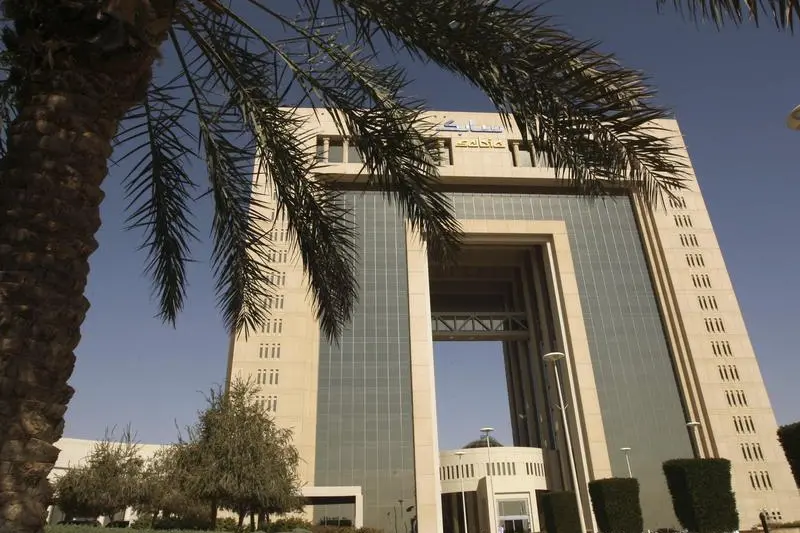PHOTO
ZURICH - Clariant Chief Executive Hariolf Kottmann said he would update investors by July on the Swiss speciality chemicals maker's tie-up with new shareholder Saudi Basic Industries Corp (SABIC), as he seeks a recovery from a turbulent 2017.
Full-year net profit in 2017 rose 9.5 percent, short of analyst estimates, as the group was hit by one-time costs including paying Goldman Sachs to defend against activist shareholder White Tale, as well as for environmental cleanup.
The activists sold their 25 percent stake to SABIC in January, two months after scuttling Clariant's bid to merge with U.S.-based Huntsman HUN.S .
Kottmann wants the next five months to discuss with SABIC chief Yousef Al-Benyan how their arrangement will work, including governance issues and board representation. While stopping short of labelling SABIC a white knight, the Clariant boss was clearly pleased with White Tale's departure.
"It depends on the definition of a 'white knight.' I consider SABIC as a strategic anchor shareholder which will allow Clariant to continue in its current structure," he said.
Kottmann said he expected an eventual accord with SABIC to include restrictions on any move by the world's fourth-biggest chemicals group to take control of Clariant.
"My colleague Yousef Al-Benyan is a very reliable and credible internationally experienced executive. He has clearly stated several times there is no interest in SABIC taking Clariant over," Kottmann told a news conference. "This will be, let's assume it, part of the contract."
He added SABIC was awaiting anti-trust clearance in around 10 jurisdictions for its Clariant stake. The strategy update is set to be released after "late June or early July", he said.
Clariant stock slipped 2.8 percent by 1400 GMT, extending a fall of about 15 percent since late January, when SABIC said it was becoming Clariant's largest shareholder.
NOT CONTENT
Analysts say the decline reflected disappointment that SABIC would not seek to buy Clariant outright, although some still say the Saudi company, 70 percent owned by the country's sovereign wealth fund, will not be content with just a quarter share.
"Clariant's stock took a hit after White Tale sold," said Kepler Cheuvreux analyst Christian Faitz. "The market's view is that SABIC is not going to do much with its stake, while we believe the opposite, at least in the mid-term, is true."
Clariant's 2017 sales rose to 6.38 billion Swiss francs ($6.8 billion), in line with the average estimate in a Reuters poll of analysts.
But its net profit after minority interests rose only 9.5 percent to 277 million francs, compared with an average estimate of 332 million.
In addition to a roughly 45 million franc hit linked to U.S. tax changes, Clariant had 180 million francs in one-time costs, compared with just 107 million in 2016, as it turned to Goldman to help defend itself against White Tale.
The activist, led by New York City real estate heir David Winter and hedge fund investor Keith Meister, wanted three board seats and a strategic review by investment bankers as a possible precursor to a split-up of Clariant.
Chief Financial Officer Patrick Jany said the failed merger with Huntsman and the White Tale defence cost more than 50 million francs, on top of 30-40 million francs in provisions for environmental clean-up of sites in France and Latin America.
Clariant said it would raise its dividend 11 percent to 0.50 francs, matching the poll forecast.
It stuck to its mid-term target of earnings before interest, taxes, depreciation and amortisation before exceptional items of 16 to 19 percent of sales. For 2017, its adjusted EBITDA margin was 15.3 percent, up from 15.2 percent in 2016.
($1 = 0.9322 Swiss francs)
(Reporting by John Miller; Editing by Michael Shields and Jon Boyle) ((J.Miller@thomsonreuters.com; +41 58 306 7734; Reuters Messaging: j.miller.thomsonreuters.com@reuters.net))





















